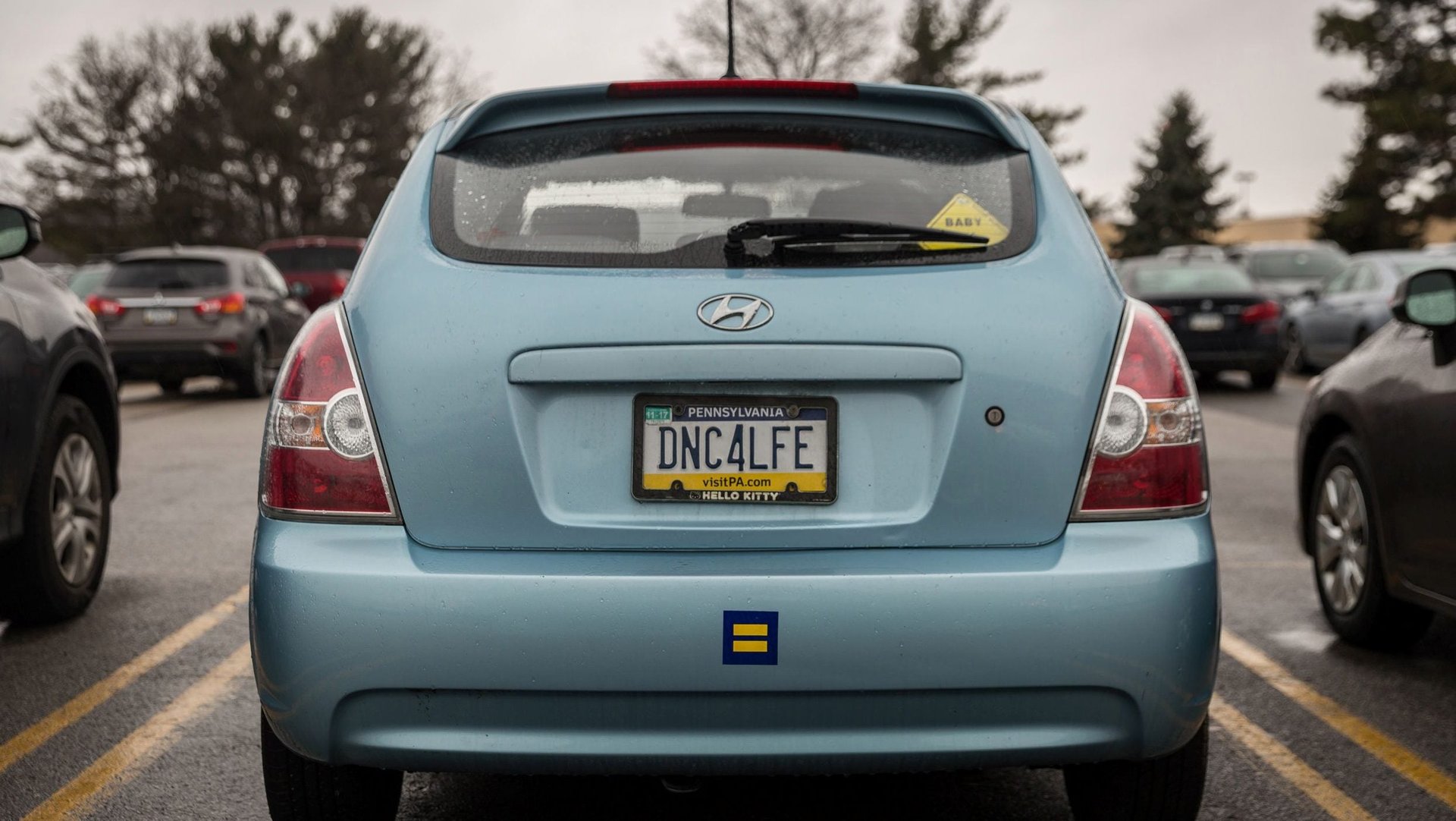The First Amendment reason your license plate could end up in an ICE database
A quick trip to the mall is landing some California shoppers in a law-enforcement database.


A quick trip to the mall is landing some California shoppers in a law-enforcement database.
A chain of malls in California is using license-plate reading technology to collect the numbers on cars in their parking lots, according to a report by the Electronic Frontier Foundation (EFF,) which advocates for civil rights online. The mall operator, Irvine Company Retail Properties, then transmits the information to a surveillance technology vendor called Vigilant Solutions, which sells the data to clients.
One of Vigilant’s clients happens to be US Immigration and Customs Enforcement (ICE.) Local law enforcement agencies also use its license-plate databases.
The EFF has alleged that Irvine customers’ data could end up at ICE, though the shopping chain told The Verge that Vigilant shares its information only with local police. Irvine only collects plate numbers at three of its dozens of shopping centers, it added. Vigilant itself called EFF’s report inaccurate. EFF has countered by calling on Irvine to prove that the data is only shared with local police departments. “We remain concerned and skeptical,” it wrote.
An ICE spokesperson said the agency has stringent privacy requirements for information collected by license plate readers, though he did not provide any details. “ICE is not seeking to build a license plate reader database, and will not collect nor contribute any data to a national public or private database,” he said.
Whether ICE agents ultimately get access to the data from Irvine’s customers or not, there are ways for the immigration enforcement agency to access similar data of Americans in other parking lots and street parking. Irvine is not the only company collecting and selling license plate information to third parties—”repo” agents, who hunt down cars that belong to people in debt and repossess them on behalf of banks, reportedly sell license images to large databases, too.
Vigilant and similar vendors have argued that they have a right to gather pictures of license plates in public under the First Amendment. They say collecting a few letters and numbers from a car is not a threat to their owners’ privacy. But it’s where they sell the data afterwards that concerns advocacy groups such as EFF and the ACLU.
The license plate numbers can be matched to driver’s license and other records. After some crunching, that data can be used to build a pretty elaborate profile of a person, and where exactly she or he has been. That’s valuable information for insurers trying to assess risky behavior, debt collectors, and ICE agents looking for undocumented immigrants.
Cooperation between surveillance vendors and private property owners means that they could collect personal data of citizens even in non-public places—like in the parking lot of a mall. This, says EFF, “allows the government to examine the travel patterns of consumers on private property with little transparency and no consent from those being tracked.”
At least 14 states have moved to regulate the use of license plate readers in some way or another; several only allow it for law enforcement purposes.